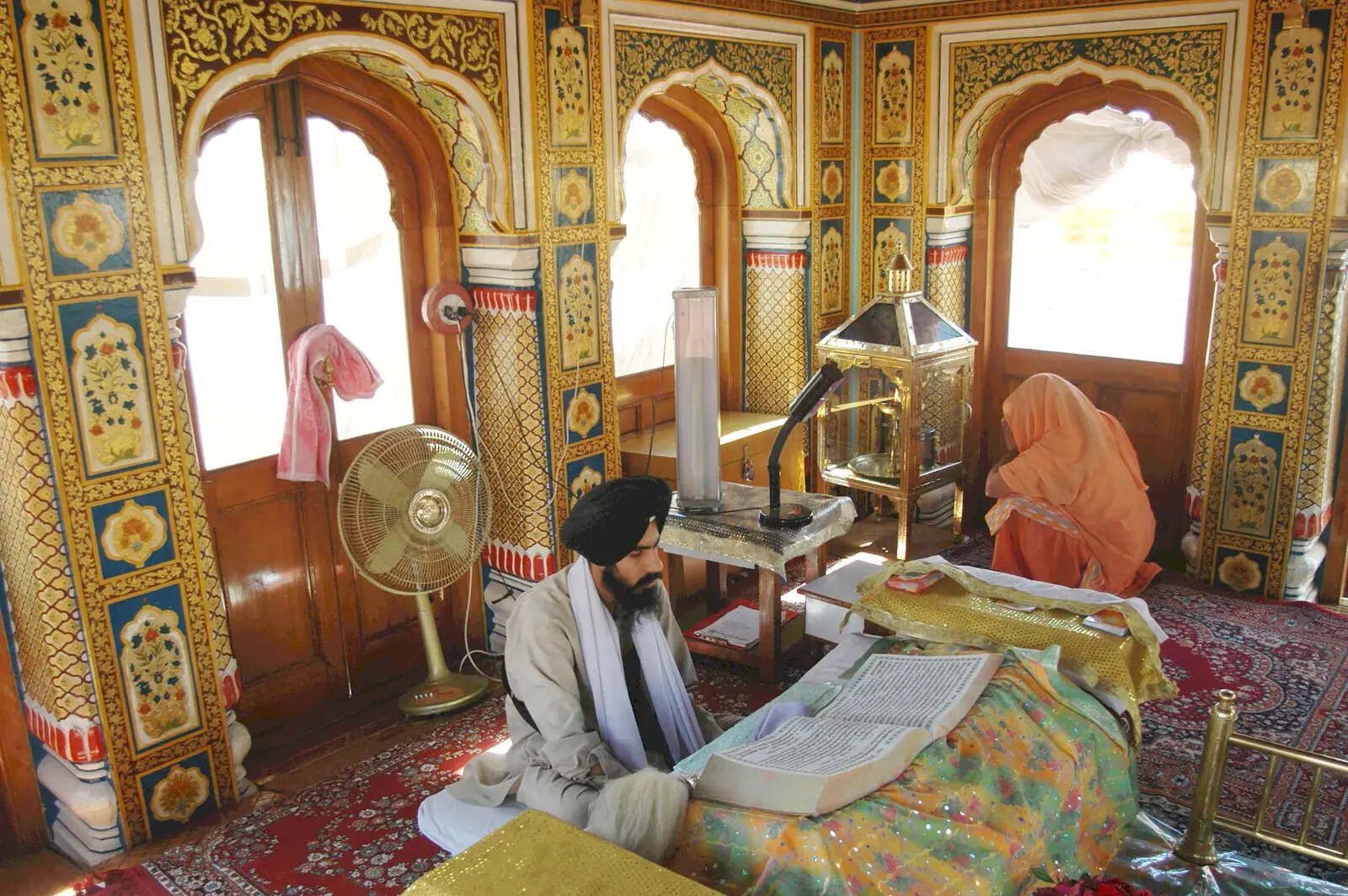
Ever wondered about the Adi religion? This fascinating belief system, practiced by the Adi people of Arunachal Pradesh in India, is rich in traditions and customs. The Adi religion centers around nature worship, with deities representing various elements like the sun, moon, and earth. Rituals and festivals play a significant role, connecting the community with their environment. Key practices include animism, shamanism, and ancestor worship. The Adi people believe in the presence of spirits in natural objects and seek harmony with these spirits through rituals. Curious to learn more? Dive into these 31 intriguing facts about the Adi religion that will broaden your understanding of this unique cultural heritage.
Origins of the Adi Religion
The Adi religion, practiced by the Adi people of Arunachal Pradesh in India, is rich in tradition and culture. Let's dive into some fascinating facts about this unique belief system.
- The Adi people primarily reside in the Siang districts of Arunachal Pradesh, India.
- Their religion is deeply rooted in nature worship, emphasizing the reverence of natural elements.
- The term "Adi" means "hill" or "mountain" in their language, reflecting their mountainous homeland.
Deities and Spirits
The Adi religion features a pantheon of deities and spirits, each with specific roles and attributes.
- Donyi-Polo, the Sun-Moon deity, is the supreme god in Adi belief.
- Kine Nane is the goddess of crops and prosperity.
- Doying Bote is the god of rain and water, crucial for agriculture.
- The Adi people also believe in numerous spirits, known as "Uii," which inhabit natural objects and places.
Rituals and Ceremonies
Rituals and ceremonies play a significant role in the Adi religion, marking important life events and seasonal changes.
- Solung is the most important festival, celebrated in September to ensure a good harvest.
- During Solung, rituals include animal sacrifices, dances, and feasts.
- Aran is another festival, held in March, to mark the beginning of the agricultural season.
- The Adi people perform rituals to appease spirits and deities, seeking their blessings for health and prosperity.
Social Structure and Beliefs
The Adi religion influences the social structure and daily life of its followers.
- The Adi society is organized into clans, each with its own customs and traditions.
- Elders and priests, known as "Miri," play a crucial role in conducting rituals and preserving oral traditions.
- The Adi people believe in the concept of "Rite of Passage," marking significant life stages like birth, marriage, and death.
- They practice animism, believing that all living and non-living things possess a spirit.
Oral Traditions and Folklore
Oral traditions and folklore are vital in preserving the Adi religion and culture.
- The Adi people have a rich tradition of storytelling, passing down myths and legends through generations.
- Folktales often feature moral lessons and reflect the values of the Adi community.
- Songs and chants, known as "Aabang," are an integral part of rituals and ceremonies.
- The Adi language, a member of the Sino-Tibetan family, is used to transmit religious knowledge and cultural heritage.
Modern Influences and Challenges
Like many indigenous religions, the Adi religion faces challenges in the modern world.
- The spread of Christianity and other religions has impacted traditional Adi beliefs.
- Urbanization and modernization have led to a decline in traditional practices.
- Efforts are being made to preserve and revive Adi culture through festivals and cultural programs.
- The younger generation is encouraged to learn about their heritage and participate in traditional rituals.
Unique Practices and Beliefs
The Adi religion has several unique practices and beliefs that set it apart.
- The Adi people practice "Apong," a traditional rice beer brewing method, used in rituals and social gatherings.
- They believe in the concept of "Yalo," a guardian spirit that protects individuals and families.
- Traditional healing practices involve herbal medicine and spiritual rituals performed by shamans.
- The Adi people have a deep respect for nature, practicing sustainable agriculture and forest conservation.
Festivals and Celebrations
Festivals are a vibrant expression of the Adi religion, showcasing their rich cultural heritage.
- Etor is a festival celebrated to honor the ancestors and seek their blessings.
- During Etor, rituals include offerings of food and drink to the spirits of the deceased.
- The Adi people celebrate Nyokum, a festival of community bonding and thanksgiving.
- Traditional dances, music, and games are an integral part of Adi festivals, reflecting their joyous spirit and cultural pride.
Final Thoughts on Adi Religion
Adi religion, with its rich history and vibrant traditions, offers a fascinating glimpse into the spiritual life of the Adi people. From their deep reverence for nature to their unique rituals, every aspect reflects a profound connection to their environment and ancestors. The Adi community's practices, like the Solung festival and the worship of Donyi-Polo, highlight their cultural identity and resilience. Understanding these traditions not only broadens our knowledge of diverse belief systems but also fosters appreciation for the cultural tapestry that shapes our world. Whether you're a history buff, a culture enthusiast, or just curious, the Adi religion provides a wealth of intriguing insights. Embracing such diversity enriches our global perspective and reminds us of the myriad ways humanity finds meaning and connection.
Was this page helpful?
Our commitment to delivering trustworthy and engaging content is at the heart of what we do. Each fact on our site is contributed by real users like you, bringing a wealth of diverse insights and information. To ensure the highest standards of accuracy and reliability, our dedicated editors meticulously review each submission. This process guarantees that the facts we share are not only fascinating but also credible. Trust in our commitment to quality and authenticity as you explore and learn with us.
